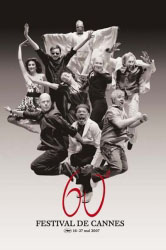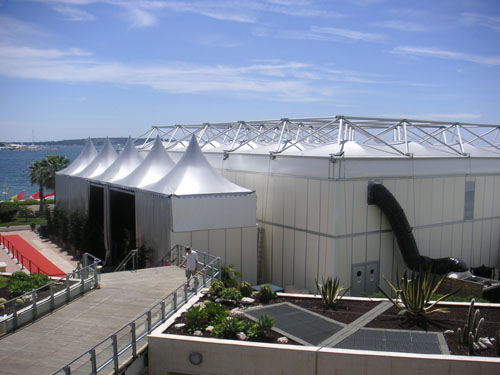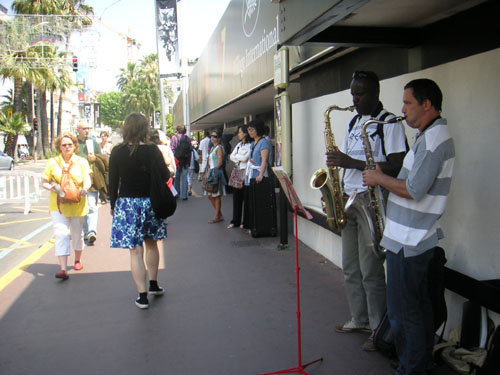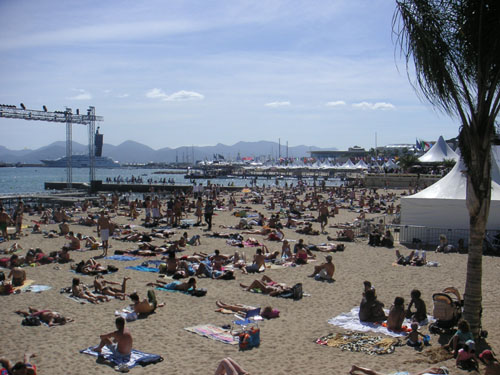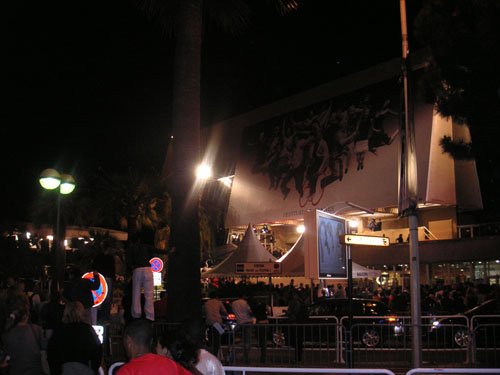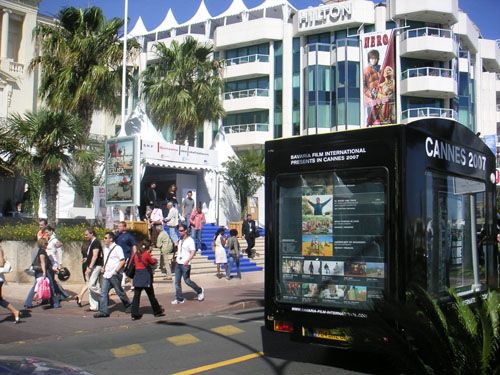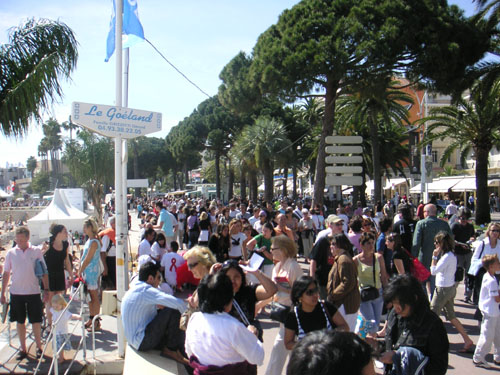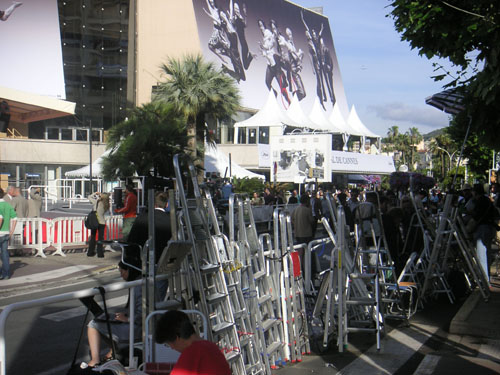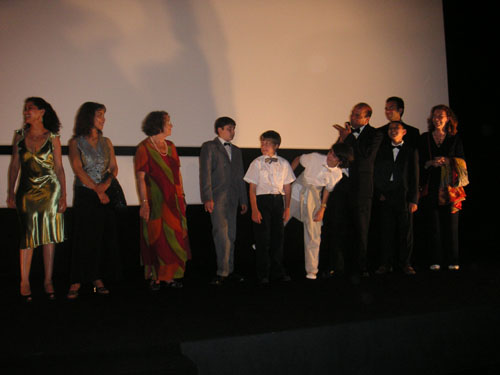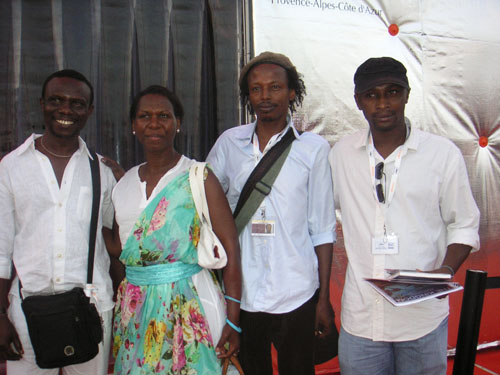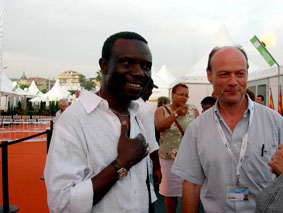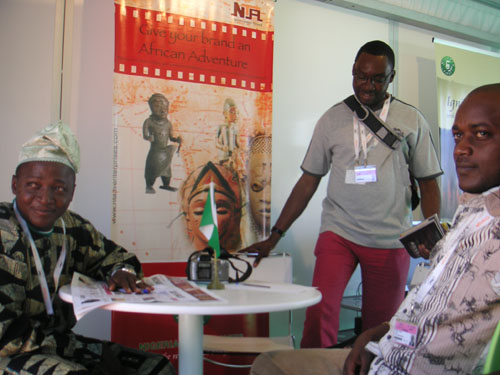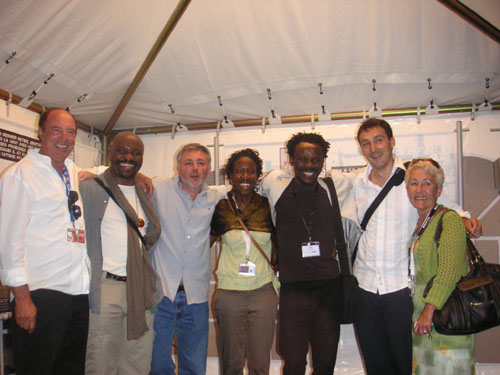Cinéma/TV
Entretien d'Olivier Barlet avec Salim Amin, cinéaste et producteur kenyan
Salim Amin, bonjour. Nous sommes au festival de Cannes pour la 60ème édition. Il serait intéressant de parler du film que vous avez apporté pour la projection des Cinémas du monde. Il est rare de voir des films kenyans à Cannes. Vous représentez aussi la partie anglophone de l’Afrique, elle-même rarement exposée. Vous reflétez une industrie du cinéma organisée, professionnelle, qui n’est pas très développée en Afrique. Parlez-nous de votre film, de votre présence à Cannes et de l’organisation du cinéma dans votre pays. C’est un grand honneur d’être à Cannes. Je pense que c’est la toute première fois qu’un…











